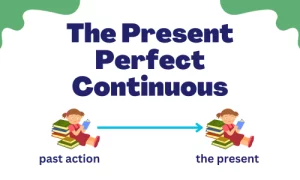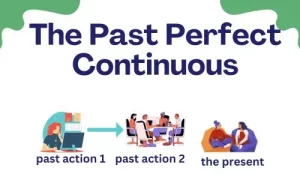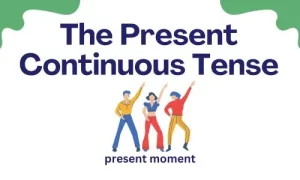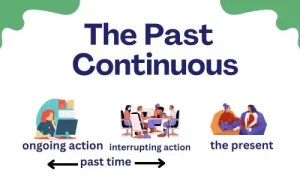English conditionals may sound complex, but fear not! We’re here to break them down into simple bits. These structures help express different situations and their potential outcomes. Let’s unravel the mysteries of English conditionals together.
What Are Conditionals?
Conditionals are sentences that express a cause-and-effect relationship. They consist of two parts: the “if” clause (the condition) and the main clause (the result).
Zero Conditional: Facts and Truths
Used for general truths and facts, the zero conditional has a straightforward structure. It goes like this: “If + present simple, present simple.” For instance, “If it rains, the ground gets wet.” Simple, right?
First Conditional: Real Possibilities
When talking about possible future events and their likely results, we turn to the first conditional. It follows the pattern: “If + present simple, will + base verb.” Picture this: “If you study, you will pass the exam.”
Second Conditional: Hypothetical Situations
Imaginary scenarios find a home in the second conditional. Use “If + past simple, would + base verb” to paint hypothetical pictures. For example, “If I had a million dollars, I would travel the world.”
Third Conditional: Unchangeable Past
Reflecting on things that didn’t happen in the past, the third conditional helps us speculate. The structure is: “If + past perfect, would have + past participle.” Imagine saying, “If it had snowed, we would have built a snowman.”
Mixed Conditionals: Mixing It Up
Sometimes, we blend these conditional forms to express more nuanced ideas. Mixing the second and third conditionals, you might say, “If I had known, I would be happier now.”
Read more: English Grammar: Present Perfect Tense Made Easy
Why Does It Matter?
Understanding conditionals helps you express yourself clearly. Whether you’re sharing facts, imagining possibilities, or reflecting on the past, these structures make your English game stronger.
Top Tips for Mastery:
- Practice Regularly: The more you use conditionals, the easier they become.
- Think Scenarios: Picture situations in your mind; it’ll help you choose the right conditional.
- Be Clear: Conditionals are about cause and effect, so clarity is key.
In a nutshell, English conditionals are like keys unlocking different linguistic doors. Embrace them, practice, and soon you’ll be expressing possibilities, facts, and hypotheticals like a language pro! Happy learning!
Ready to improve your English skills? Explore Aral Hub’s English courses and confidently speak English in no time!






